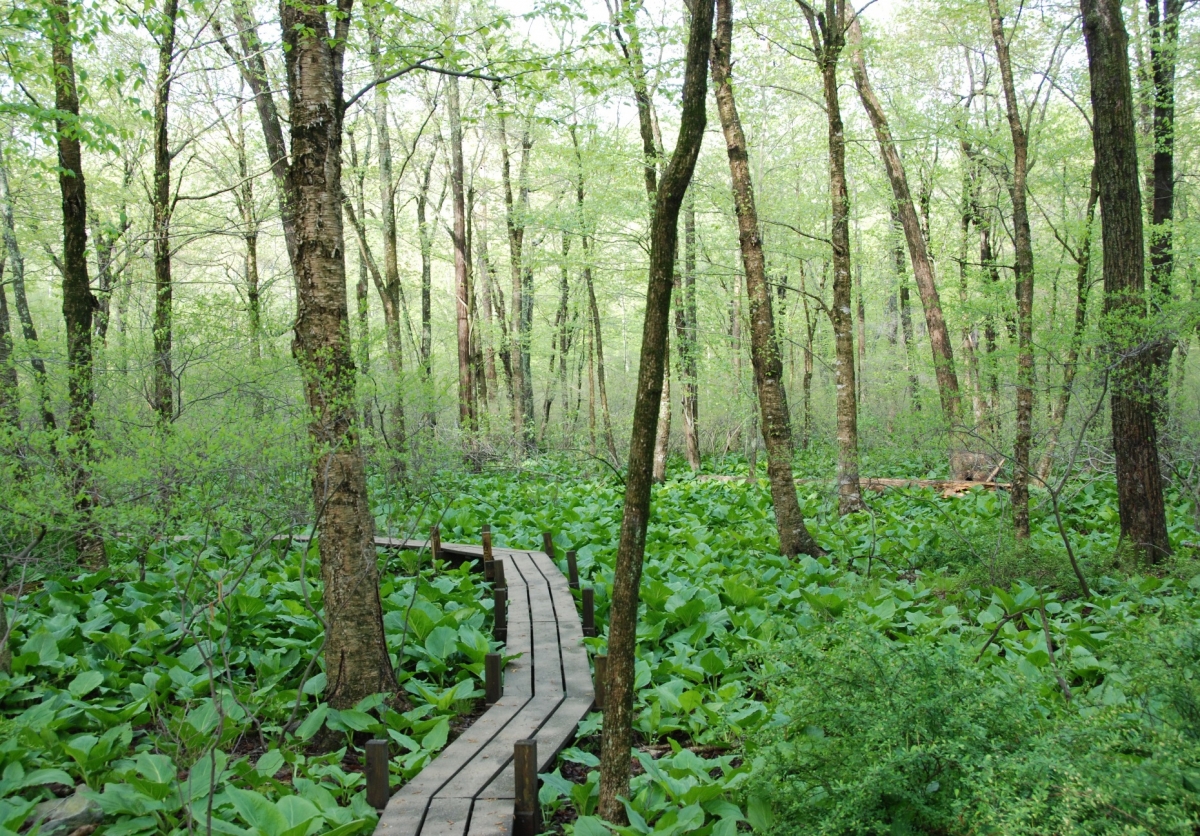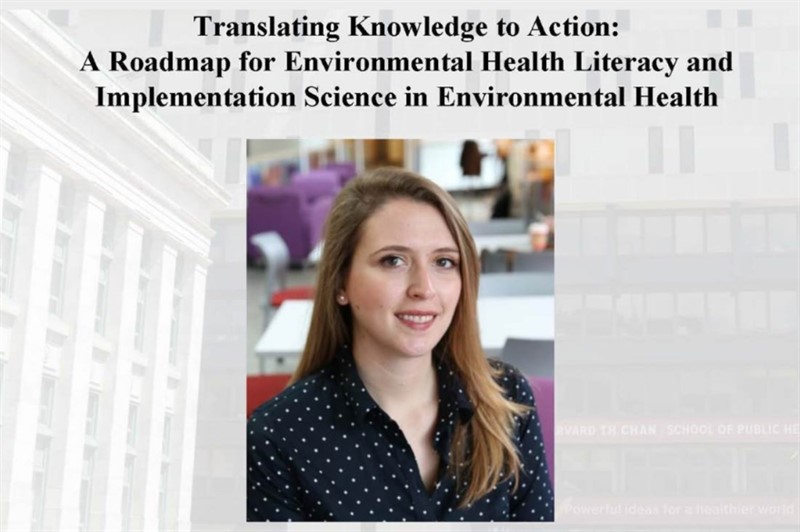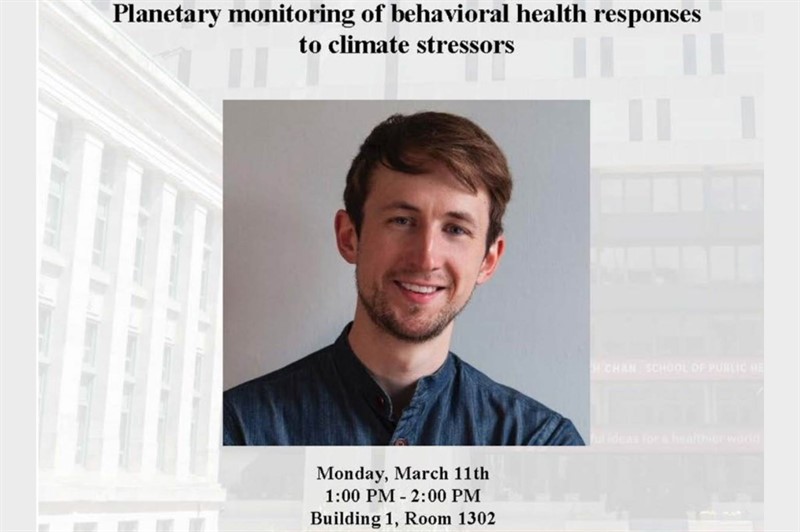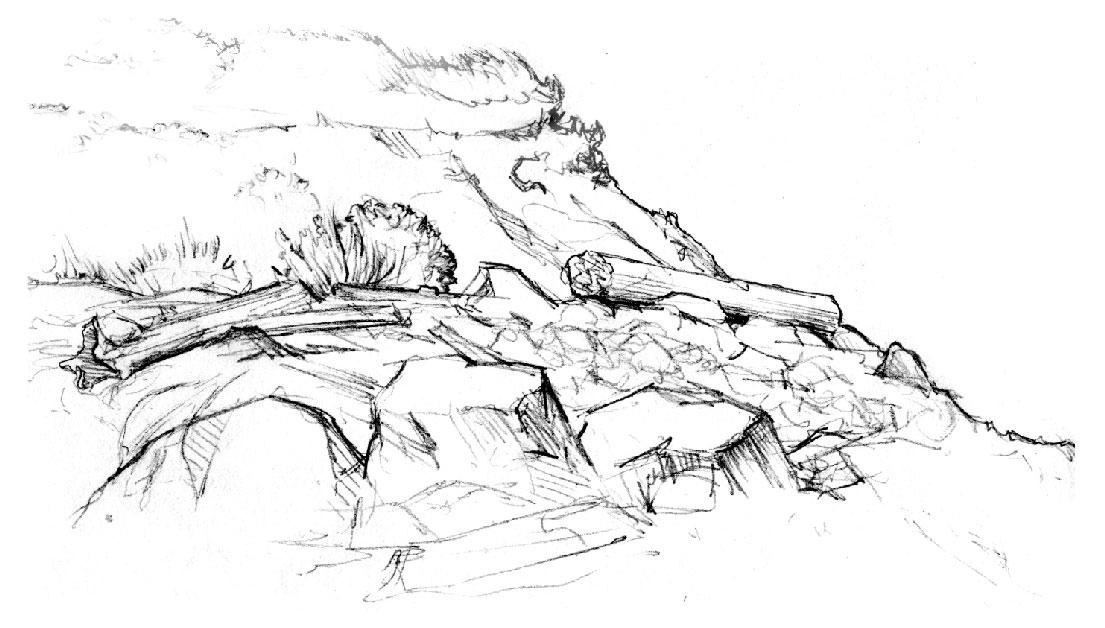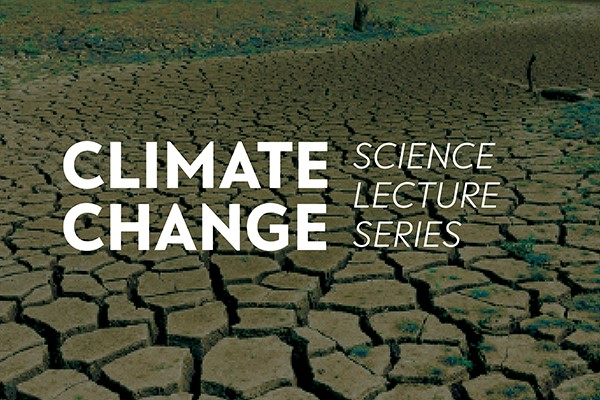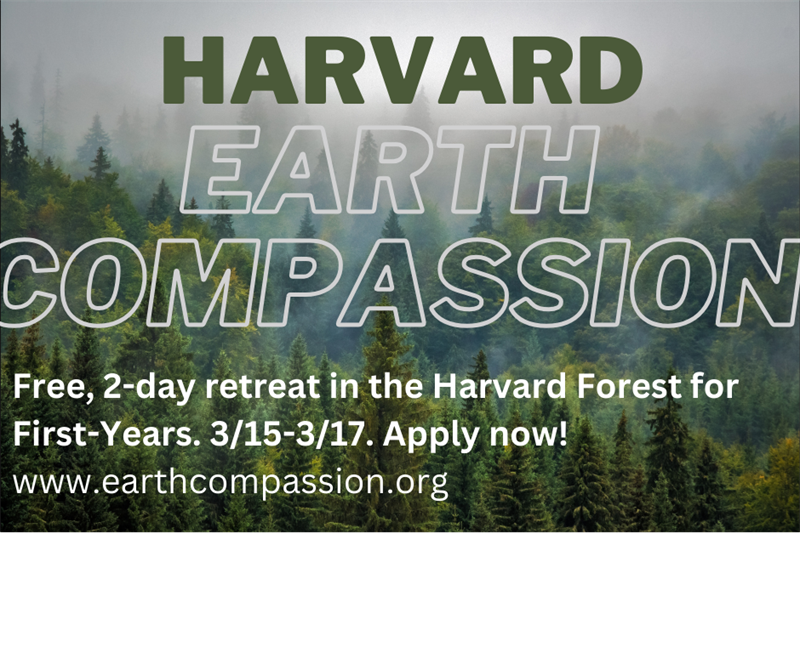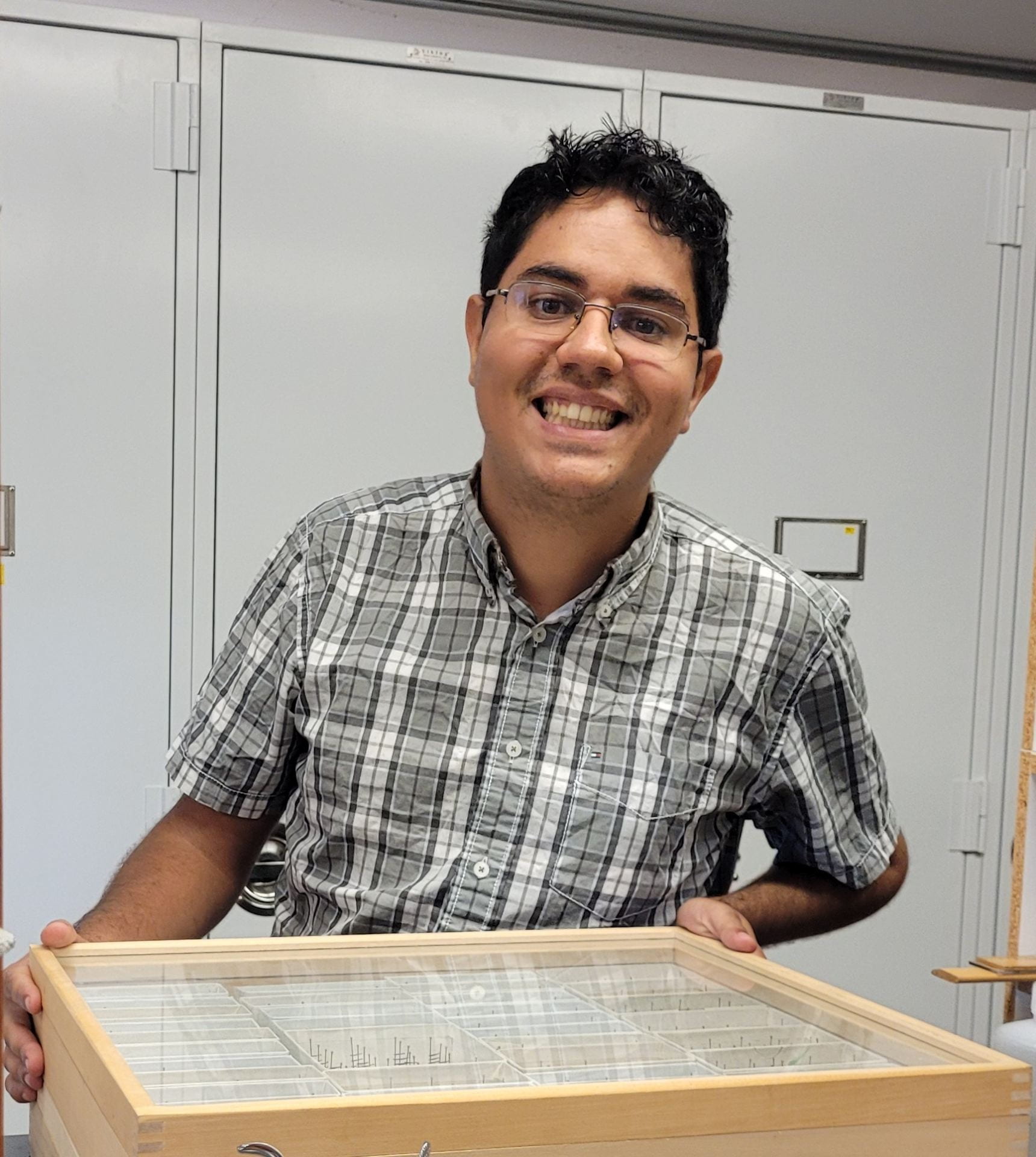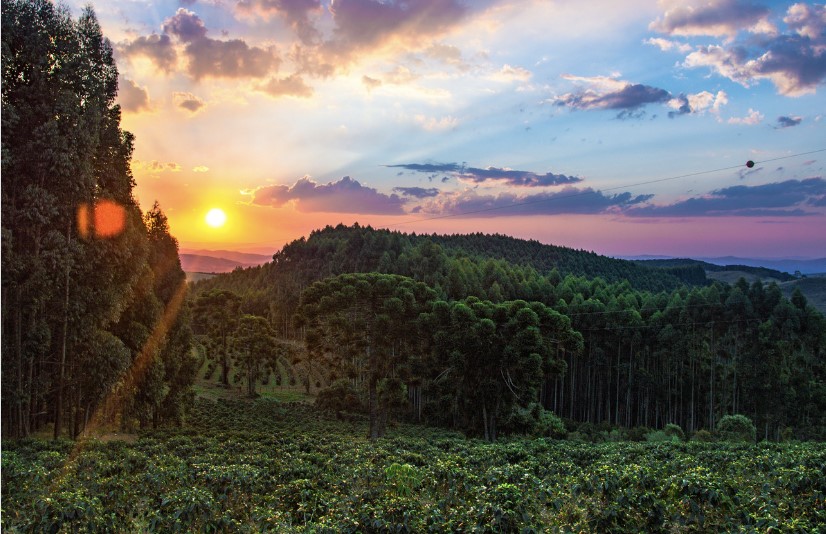Salata Institute Climate Research Cluster Info Session III
Harvard University Center for the Environment 26 Oxford Street, Cambridge, MA, United StatesThe Salata Institute is committed to supporting research that promises to make a real-world impact on the climate crisis. The Climate Research Clusters Program delivers on that commitment by funding research about complex climate problems that produces useful and practical solutions. Clusters comprise interdisciplinary, cross-School teams of researchers, whose varied expertise is required to address the complexity of the problems that they seek to solve. The problems are broad enough that their solutions represent significant progress in meeting the world’s climate challenge. As part of the program, a consultative process was created to facilitate the development of strong proposals to the Climate Research Clusters Program. This process includes Q&A sessions, a networking reception, presentations of proposed projects, and consultations with prospective project teams. While we encourage engagement in this process, participation in these events is optional. Join us for the first information session by registering below.
Department of Environmental Health Seminar – Translating Knowledge to Action: A Roadmap for Environmental Health Literacy and Implementation Science in Environmental Health
Harvard T.H. Chan School of Public Health Building 1, Room 1302 677 Huntington Ave BostonWith Kathryn Tomsho, PhD, Postdoctoral Research Fellow, Department of Environmental Health, Harvard T.H. Chan School of Public Health
Department of Environmental Health Seminar – Planetary monitoring of behavioral health responses to climate stressors
Harvard T.H. Chan School of Public Health Building 1, Room 1302 677 Huntington Ave BostonWith Kelton Minor, PhD, Postdoctoral Research Scientist, Columbia University Data Science Institute, Columbia University
Landscape Sketching
Landscapes are an appealing subject for drawings, but it can be difficult to know where to start. In this program we will learn how to select a landscape, create a sense of depth and volume, and use a variety of marks to capture a dynamic variety of textures.
Landscape Sketching
ZoomLandscapes are an appealing subject for drawings, but it can be difficult to know where to start. In this program we will learn how to select a landscape, create a sense of depth and volume, and use a variety of marks to capture a dynamic variety of textures.
Climate Change, National Security, and International Cooperation
ZoomClimate change poses unprecedented threats to global security. What natural resources are most in danger from international security tensions? How can the United States minimize resource conflicts? Can international cooperation be leveraged to mitigate security risks and increase equitable access to scarce necessities?
National security expert and interdisciplinary research scientist Swathi Veeravalli will address how complex crises are prompting more multidisciplinary cooperation across disparate government agencies and between national governments.
Harvard First-Year Earth Compassion Retreat
We're excited to reach out to you on behalf of the Harvard First-Year Experience Office with an invitation to apply for the Harvard First-Year Earth Compassion Retreat, a free, two-night trip to the stunning Harvard Forest. From March 15th to March 17th (the last weekend of spring break), we will stay at the Harvard Forest Retreat Center and engage in meaningfully curated compassion exercises like cross-cultural conversation, meditation, and nature immersion.
We will only be accepting 30 students (20 First-Years, 10 sophomores through seniors) on this retreat, so we highly encourage those who are interested to apply as soon as possible.
Science Spotlights: How to Help a Scientist Find a New Species
Harvard Museum of Natural History 26 Oxford Street, Cambridge, MA, United StatesMeet up-and-coming scientists and learn about questions at the forefront of research today in this series of short talks.
How to Help a Scientist Find a New Species
Speaker: Thalles P. Lavinscky Pereira, PhD. Farrell Lab
Scientists estimate that there are over 7.5 million species of plants and animals that have yet to be discovered and described. But in a world where extinction may outpace discovery, how can citizen scientists get involved? Join me as I share how residents in Alaska helped me discover and describe a new species of snakeworm gnat and learn how you, too, can participate in the scientific process.
Religion in Times of Earth Crisis: Reflecting on Religion in Times of Earth Crisis
ZoomThis session will be a discussion among presenters reflecting upon the insights shared throughout the series. In addition to identifying themes and throughlines among sessions, we will return to the overarching questions that framed this collaboration: What can an expansive understanding of religion provide in these times of Earth crisis? What is the role of the study of religion in times of catastrophe?
Panelists: Mayra Rivera, Dan McKanan, Teren Sevea, Matthew Ichihashi Potts, Terry Tempest Williams
Moderator: Diane L. Moore, Diane L. Moore, Associate Dean of Religion and Public Life
The Greener Gender: Women Politicians and Deforestation in Brazil
CGIS South, S216 +1 moreThis paper examines the impact of women’s political representation on deforestation rates in Brazil. Using close election regression discontinuity design, we show that women, when elected to office, are more likely to drive improved environmental outcomes due to factors such as reduced access to corrupt networks that influence the enforcement of environmental laws at the local level. Altogether, our findings demonstrate that women’s political representation significantly reduces deforestation rates in the Brazil.
The Greener Gender: Women Politicians and Deforestation in Brazil
This paper examines the impact of women’s political representation on deforestation rates in Brazil. Using close election regression discontinuity design, we show that women, when elected to office, are more likely to drive improved environmental outcomes due to factors such as reduced access to corrupt networks that influence the enforcement of environmental laws at the local level. Altogether, our findings demonstrate that women’s political representation significantly reduces deforestation rates in the Brazil.
This event is hybrid, to attend remotely register at the ticket link.
Presented in collaboration with the Weatherhead Center for International Affairs
